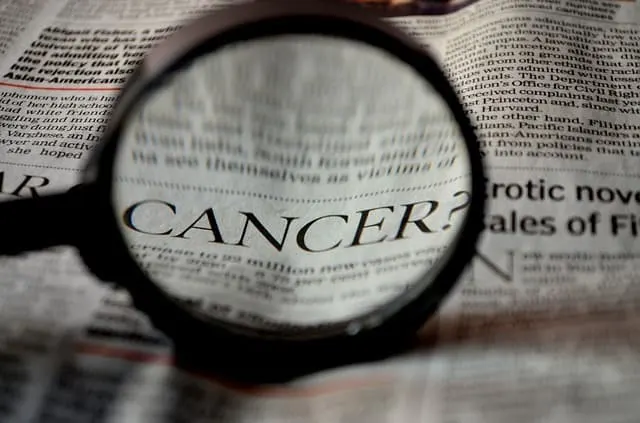
Cancer is a difficult disease to cope with on many levels. However, there are a number of positive coping strategies that can help make the experience more manageable. In this blog post, we will discuss five such strategies. While not an exhaustive list, these five tactics have been found to be helpful for many cancer patients. Read on to learn more!
- Express your thoughts and feelings in a journal
Keeping a journal can be a very beneficial way of coping with your cancer positively. It can help you to express your thoughts and feelings in a safe place, without having to worry about being judged. Writing down your thoughts and feelings can also help you to make sense of them, and to see your progress over time. Additionally, journaling can provide an outlet for emotions that might otherwise be difficult to express. If you are interested in starting a journal, there are many resources available online or in bookstores. However, it is important to find a method that works for you, so that you will be more likely to stick with it. Keep in mind that there is no “right” way to journal, so feel free to experiment until you find a system that works for you.
- Connect with loved ones and friends
A cancer diagnosis can be overwhelming and cause stress and anxiety. However, talking with loved ones and friends can help you feel supported and positive. Doing so will also allow you to share your feelings and learn about their perspectives. Additionally, spending time with loved ones can provide a much-needed distraction from your cancer. Talking openly about your cancer can also help your loved ones understand what you are going through.
- Seek support from a cancer support group
If you are not ready to talk about your cancer with friends or family, there are many support groups available. These groups provide a safe space to share your feelings and meet others who are going through similar experiences. Connecting with others can help you better cope with your cancer positively.
- Get regular exercise
Cancer can be a difficult journey, both physically and emotionally. One way to help cope with cancer is to get regular exercise. Exercise can help improve your mood, reduce stress, and give you more energy. It can also help to reduce some of the side effects of cancer treatment, such as fatigue and nausea. While it may seem like the last thing you want to do when you’re feeling sick, even a small amount of exercise can make a big difference. Taking a brisk walk around the block or doing some gentle stretching at home can help you to feel better and cope with your cancer in a positive way. Talk to your doctor before starting any exercise program, as they can help you to develop a safe and effective routine that meets your individual needs.
- Eat a healthy diet
A cancer diagnosis can be a difficult thing to cope with, both emotionally and physically. One way to help yourself feel your best is to eat a healthy diet. Eating plenty of fruits, vegetables, and whole grains can give you the energy you need to fight cancer cells and keep your immune system strong. It’s also important to stay hydrated by drinking lots of water or fluids like herbal tea. Remember, eating well can help you stay strong and positive during this tough time.
If you are living with cancer, it is important to find healthy coping mechanisms. The five positive coping strategies we’ve outlined should help you get started. However, if these do not work for you, please seek professional help. Many resources are available to help manage the emotional stress of cancer. There are also different ways that provide holistic healing services for those affected by cancer like Alternative Cancer Retreat with Hearty Center. They offer integrative oncology treatments such as yoga, meditation, and energy work in addition to conventional therapies like chemotherapy and radiation therapy. And finally, don’t be afraid to ask for help from your friends and family – they want to support you during this difficult time. Have you tried any of these positive coping mechanisms? We would love to hear from you in the comments section below.
- Sagittarius Man & Gemini Woman Love and Sex Compatibility - January 31, 2024
- Taurus Ascendant Rising Personality Traits in Men (Guide) - January 31, 2024
- How to Seduce and Attract a Sagittarius Man (Seduction Tips) - January 31, 2024
